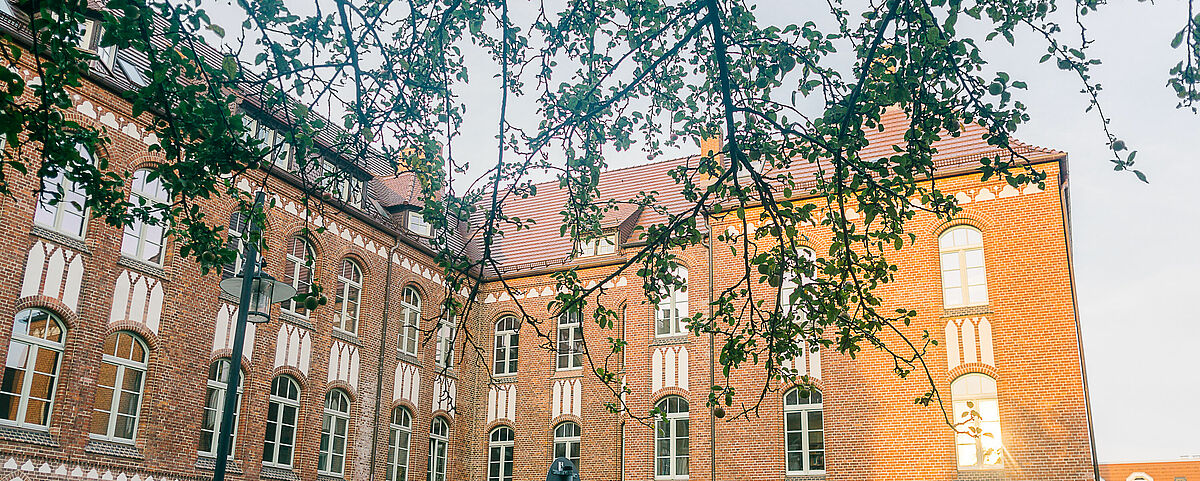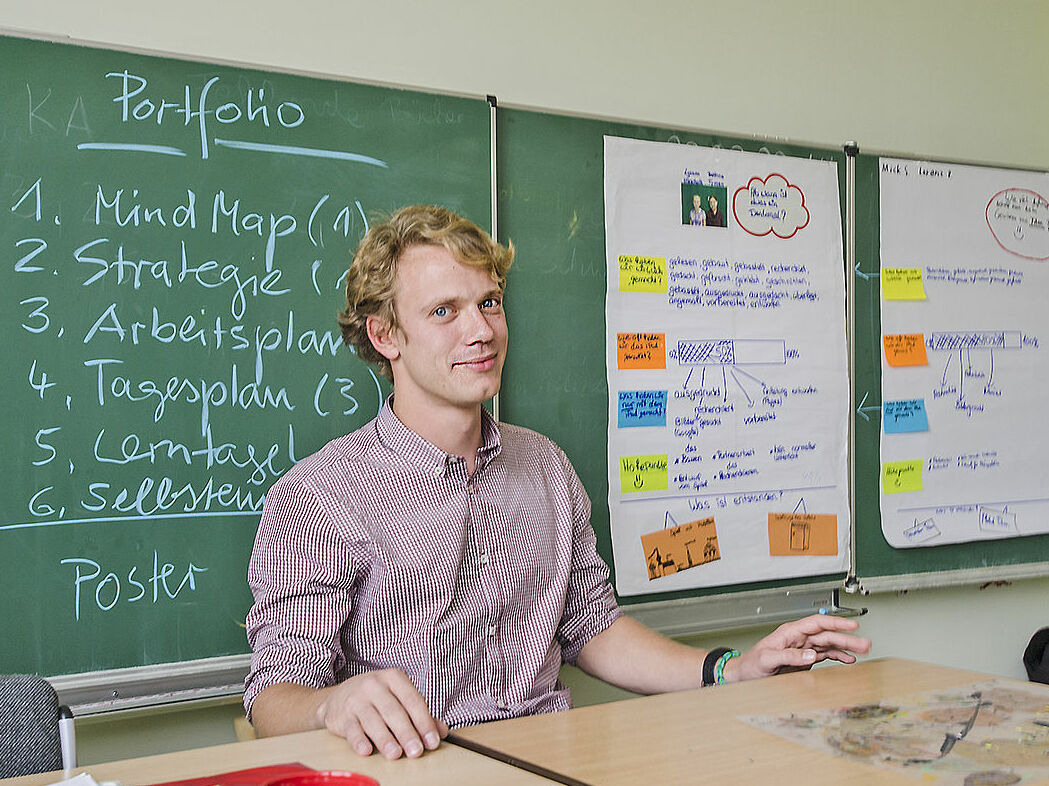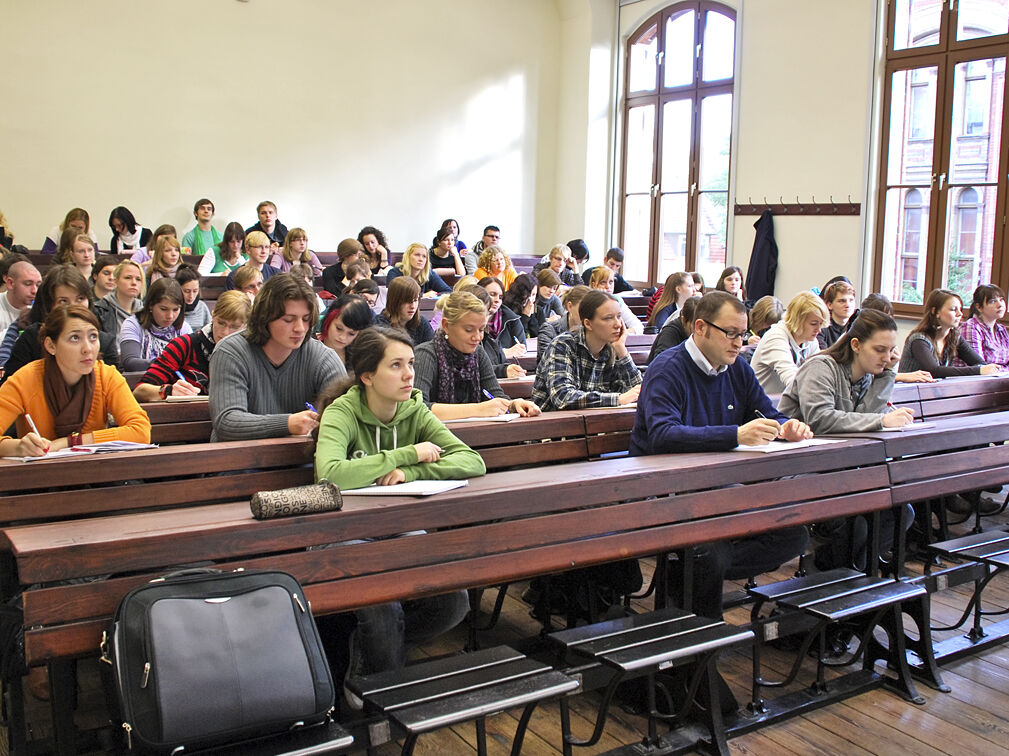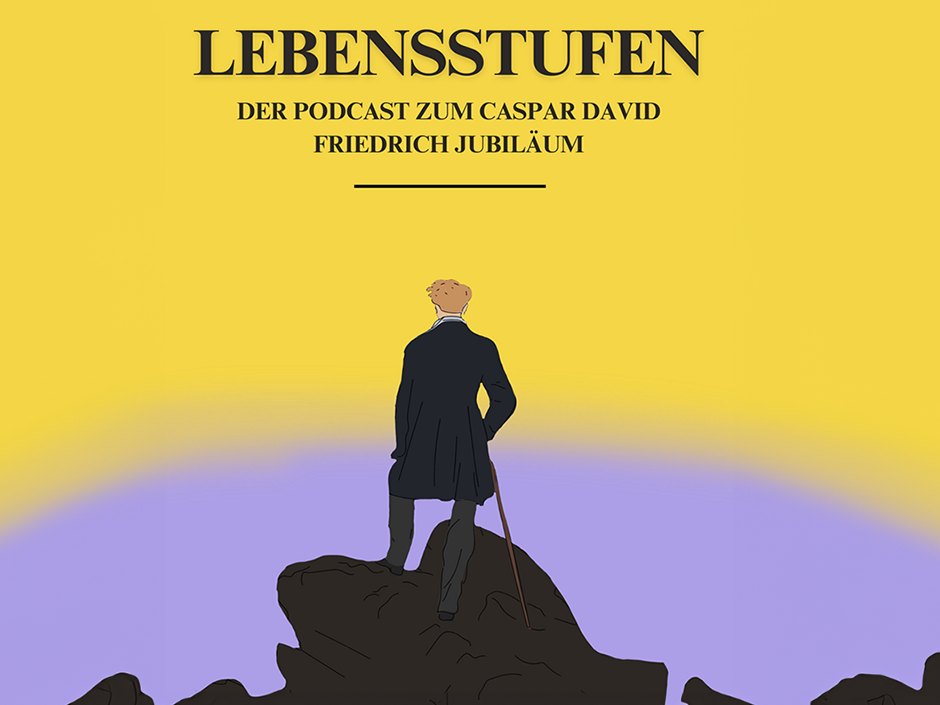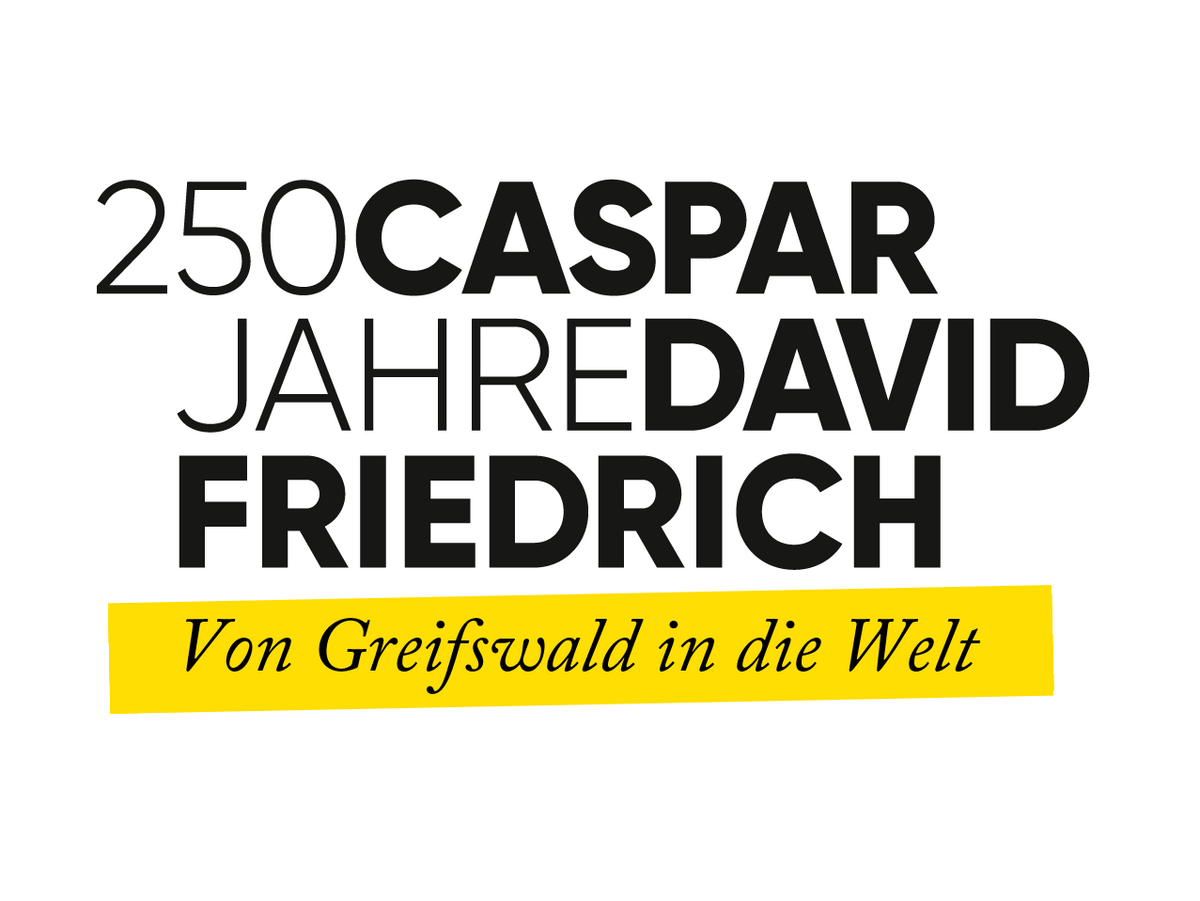The inability of innate immunity to build an immunological memory, considered one of the main characteristics differentiating it from adaptive immunity, has been recently challenged by studies in plants, invertebrates, and mammals. Long-term reprogramming of innate immunity, that induces adaptive traits and has been termed trained immunity characterizes prototypical innate immune cells such as natural killer cells and monocytes, and provides protection against reinfection in a T/B-cell-independent manner. In contrast, trained immunity has been shown to be able to induce protection against reinfection in a lymphocyte-independent manner. Non-specific protective effects dependent on trained immunity have also been shown to be induced after BCG vaccination in humans. Specific signaling mechanisms including the dectin-1/Raf1 and NOD2-mediated pathways induce trained immunity, through induction of histone modifications (methylation, acetylation) and epigenetic reprogramming of monocyte function. Complex immunological and metabolic circuits link cell stimulation to long-term epigenetic reprogramming of the function of myeloid cells and their bone marrow progenitors. The concept of trained immunity represents a paradigm change in immunity and its putative role in infection and inflammation may represent the next step in the design of future vaccines and immunotherapeutic approaches.
Mihai Netea was born and studied medicine in Cluj-Napoca, Romania. He completed his PhD at the Radboud University Nijmegen, The Netherlands, on studies investigating the cytokine network in sepsis. After working as a post-doc at the University of Colorado, he returned to Nijmegen where he finished his clinical training as an infectious diseases specialist, and where he currently heads the division of Experimental Medicine, Department of Internal Medicine, Nijmegen University Nijmegen Medical Center. He is mainly interested in understanding the memory traits of innate immunity (trained immunity), the factors influencing variability of human immune responses, and the immune dysregulation during bacterial and fungal infections. He is the recipient of the Spinoza Prize 2016 and an ERC Advanced grant in 2019, and since 2016 he is a member of the Netherlands Royal Academy of Sciences (KNAW).
Moderation: Professorin Dr. Anca Dorhoi
-------
Organizational information on the digital lecture
The Alfried Krupp Wissenschaftskolleg is offering this event live as a zoom meeting in which viewers can participate in writing via chat.
- We would be pleased if you provided your clear name when dialing into Zoom. Of course, you can also take part in the event under a pseudonym.
- A list of all participants can be viewed by all those involved throughout the event.
- During the lecture, the microphones of the spectators are all automatically muted so that no disturbing background noise is generated. You are welcome to turn on the camera of the spectators during the lecture.
- During the entire event, requests to speak or questions can be asked in writing in the chat.
Recording of the digital lecture
The digital lecture will be recorded for use in the college's media library. Only the speaker, his/her presentation and the moderator will be heard or seen in the recording. Video, audio or chat contributions are not recorded. A "REC" sign at the edge of the picture informs the participants.

